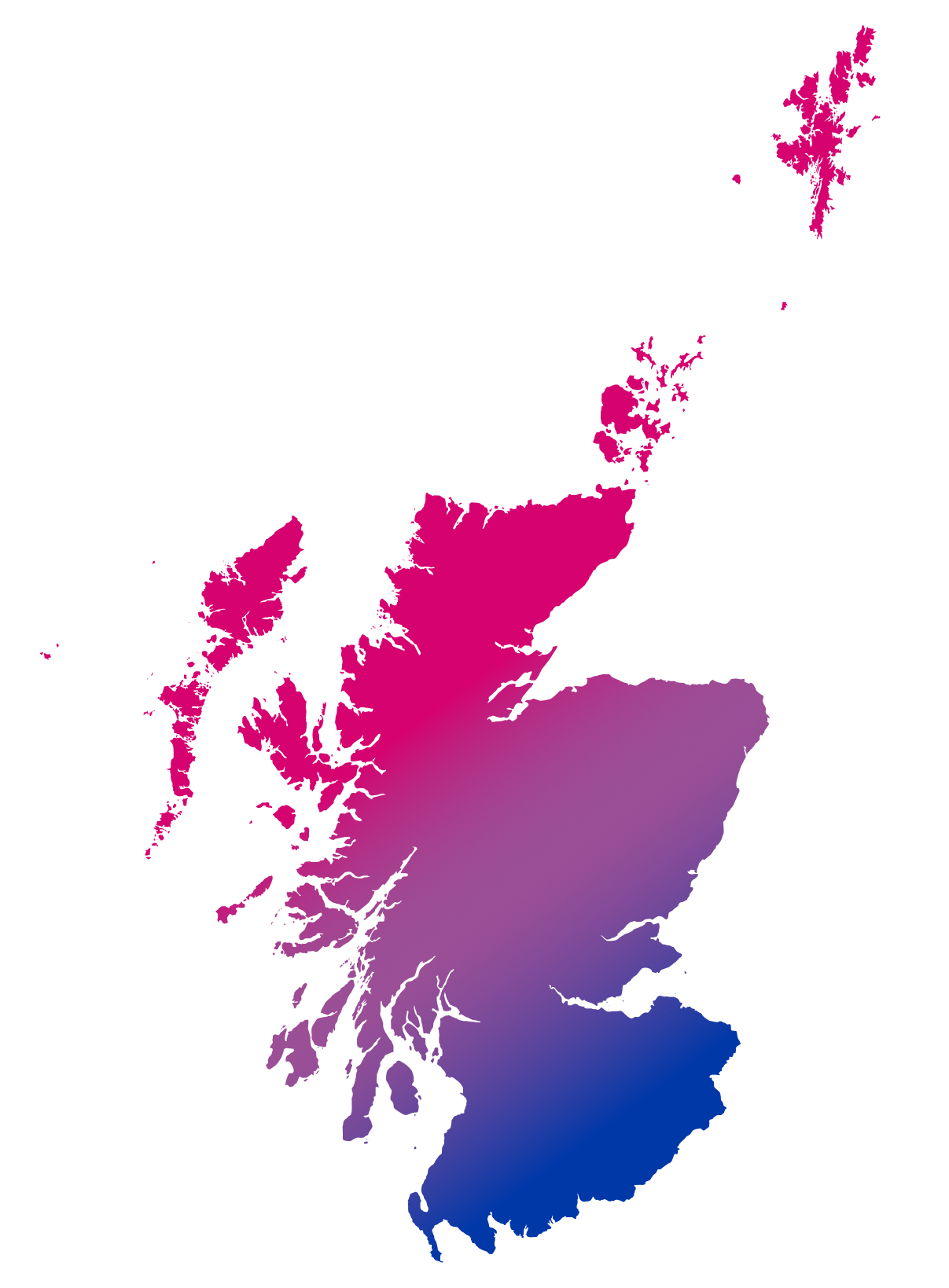Ask almost any bi person what they want in a character, and they will tell you that they want them to say the word, to have a character that can’t have their bisexuality explained away as ‘just a phase’ or a ‘stepping stone to gayness’.
Desiree Akhavan’s new comedy drama has done one better, it not only has a lead character that uses the word, it’s also the title of the show.
 |
The Bisexual follows the story of Leila (Desiree Akhavan) an Iranian-American woman living in London, trying to figure out where she fits in a world that only sees straight and gay. After breaking up with her long-term girlfriend, Leila ends up moving in with Gabe (Brian Gleeson), a writer whose only published novel is called Test(icular). His attitudes towards sexuality are exactly what you would expect from a straight guy, but he’s also one of the few that supports Leila as she struggles to come out, since the rest of her social circle, including best friend Deniz (Saskia Chana), are all lesbians.
The first episode is more drama than comedy, and it heads straight to the heart of the issue, with Leila’s friends describing bisexual women as “sex tourists” and the obvious discomfort and awkwardness that Leila feels is eased by Gabe trying to explain that his girlfriend is bisexual, only for that to be dismissed as drunk girls performing for the male gaze.
It’s a painful scene to watch, and a situation that a few too many of us will recognise, but it sets the tone for the rest of the series.
(If you haven’t binge watched all six episodes already, or twice like me, there are spoilers ahead.)
The show hits its stride after a couple of episodes, showing the awkward reality of dating in the age of online apps. Including the fact that a lot of dating apps have finally realised that bisexuals not only exist, but they might actually want to date.
Leila is her own worst enemy, trying to hide her new boyfriend from her lesbian best friend. It’s cringe comedy at it’s best, or should that be worst, and it’s no surprise that the relationship doesn’t work out.
We then see her blurting out, “I’m bisexual,” on a date like she’s at a support meeting, as though it’s something to be ashamed of, and it’s the last time that we see her using a dating app.
The show doesn’t pull its punches, and while people looking for escapism might flinch at the biphobia dealt with in the show, unfortunately, it’s a very real reflection of what people think, and say, about bisexuals.
Gabe seems to live with his foot continually in his mouth, and although he tries to support Leila, he has a lot of misconceptions about bisexuals.
“You don’t have to lock yourself down to anyone… there’s so many people that you’re attracted to, because of that reason monogamy’s not possible for you.”
Watching Gabe awkwardly try and explain bisexuality to an actual bisexual person is enough to make the audience cringe on Leila’s behalf, and her outrage is summed up perfectly in one line, “Why are you talking to me like I’m a different species from you?”
It’s painfully true, and watching Leila walk off, leaving Gabe alone waiting for his Uber, feels like a small victory.
My favourite episode is the flashback to 2005, Leila has moved to London to study, and even without her sexuality as a factor, she’s still the odd one out. Lurking in the student bar, she tries to talk to people, desperate to fit in somewhere.
And then her future best friend Deniz walks in. Leila rescues Deniz from a guy who is obsessed with her, and Leila ends up telling her that she’s a lesbian, even though we see her flirting with a guy only moments before. Deniz’s relief and happiness when she realises that she’s not alone is a feel good moment for her character, but what is freeing for Deniz, puts Leila into a different closet.
It shows how powerful labels can be, providing a sense of community and solidarity, but only if they’re the right label for a person.
Overall, I enjoyed it, and the humanity of the characters shines through in the performances from the three main characters. Saskia Chana in particular does an outstanding job of portraying Deniz as a fully fleshed out character, when the role could have so easily been reduced to the friend whose only purpose is witty one-liners. I think a lot of people were expecting more comedy, but as a drama, it shows the complexities of being bisexual in a world that doesn’t quite understand us as anything other than stereotypes.
Personally, I would have liked to see more bi+ characters in the show, as I think they missed an opportunity to show the diversity of bi+ people. I hope that if there’s a second season we will get to see Leila reaching out and connecting with more of the community.
The Bisexual airs at 10 p.m. Wednesday on Channel 4, and all episodes are available to watch now on All 4.
Image copyright Channel 4/The Bisexual.
